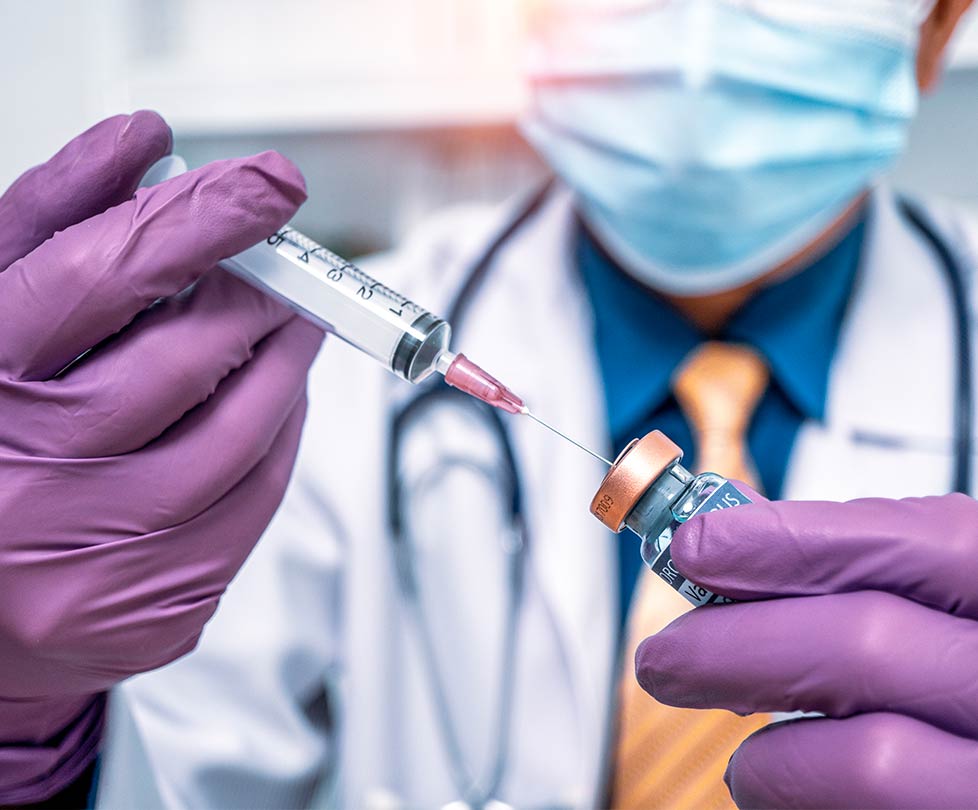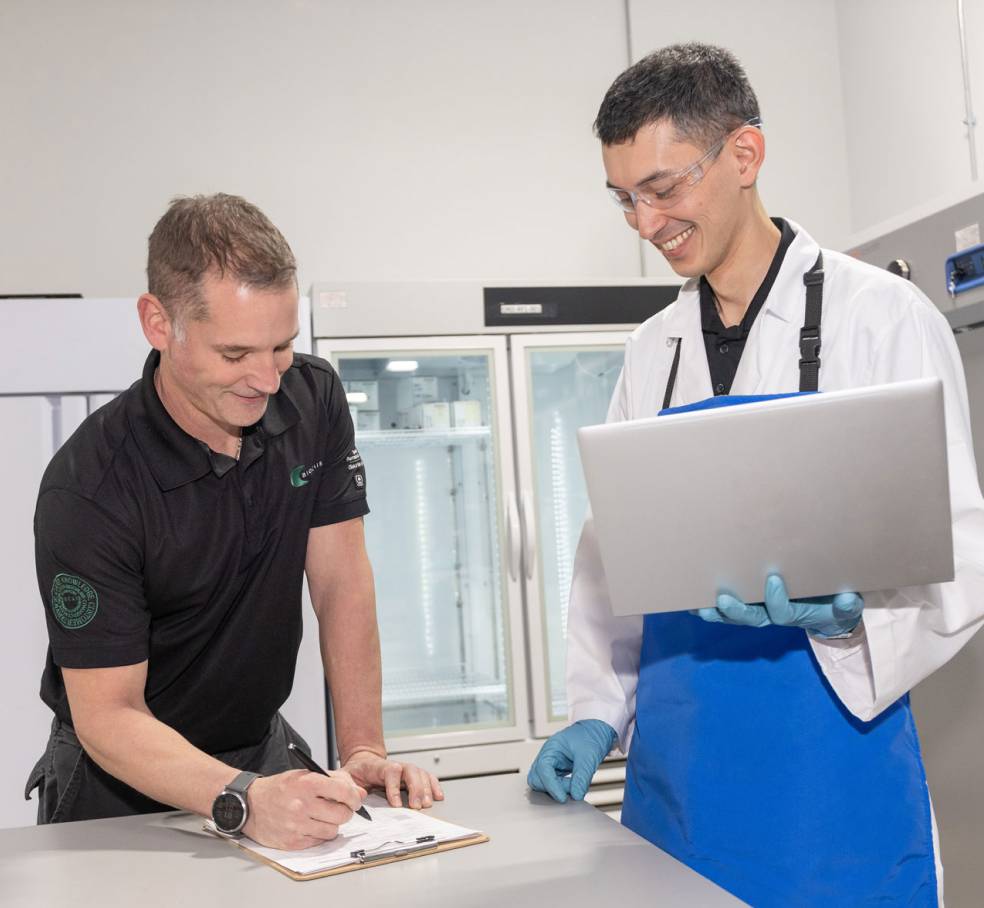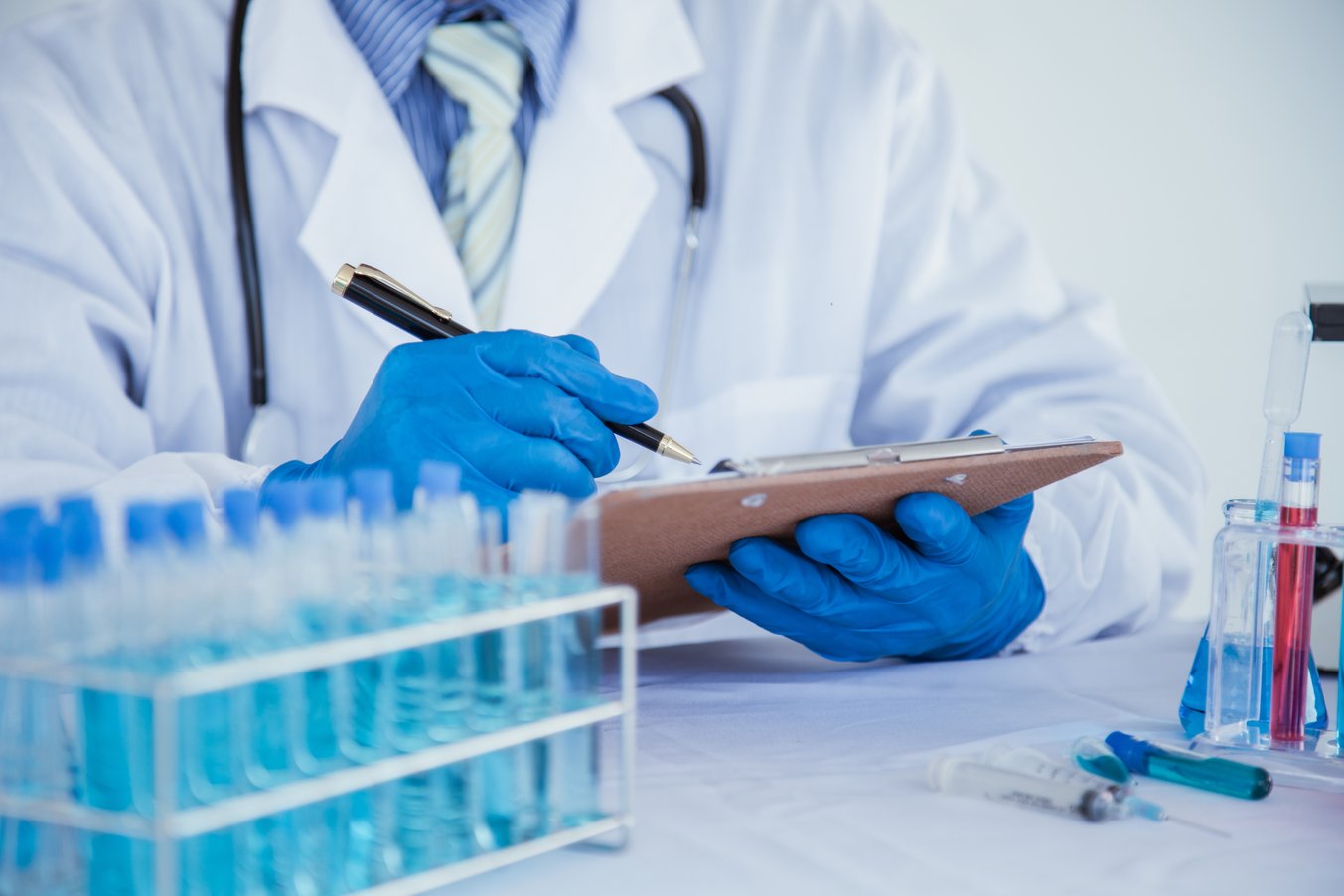Clinical Trial Logistics & Supply Chain Management Expertise
Biocair is a global specialist in clinical trial supply management, providing personalized logistics solutions for domestic and international multi-site clinical trials.
Clinical trial logistics
Clinical trials can often involve numerous cross-border shipments. When combined with the complexities of different international regulatory bodies, the management of shipments can be extremely time-consuming for clinical trial coordinators, investigators and other healthcare professionals.
Biocair oversees every detail of clinical trial logistics operations. Our knowledge, global network and expertise ensure we deliver fully compliant, comprehensive and tailored logistics solutions for your clinical trial. Whether that involves shipping individual biological samples or a dedicated trial supply chain with collection and delivery across multiple continents.


A patient-centric approach to clinical trial supply services
Patients may be at the end of the clinical trial supply chain, but they are central to every decision we make at Biocair.
Our patient-centric approach drives our research and innovation, enabling our experts to develop new supply chain and logistical solutions to support the future of clinical trials and personalized medicine, such as cell and gene therapy.
With extensive experience handling and transporting biological goods, potentially hazardous and other sensitive materials, our team always puts the needs of the patient first.
Advanced monitoring
Biocair provides full visibility and real-time tracking information throughout the clinical trial supply chain, including temperature and GPS location, across all our service offerings.
Global expertise
Our trusted global network benefits from a thorough understanding of cross-border logistics.
Regulatory compliance
Established in 1986, Biocair is the first choice for personalized, GDP compliant clinical trial supply chain management, wherever you are based.
Chain of identity and custody
Biocair’s team of experts ensures documentation and records are accurately handled throughout shipping, maintaining product viability to its final destination.

Value added clinical trial supply chain management
Biocair provides complete management of your clinical trial logistics, with a tailored approach that delivers added value throughout the supply chain – helping you with on-site packing, facilitating shipments through customs and last mile delivery.
- 24/7 global coverage
- Utilization of the most efficient global transport routes
- Completion of all paperwork and labelling, wherever legally possible
- Full classification of materials and rapid customs clearance
- Provision of validated packaging, including on-site packing
Communication and support for clinical trial logistics
With Biocair’s enhanced communication and management, you have full visibility of your clinical trial materials throughout the supply chain. Our advanced and comprehensive reporting ensures detailed, real-time information is available when you need it.
- 24-hour Biocair contact
- Temperature and GPS monitoring and reporting services
- Advanced preparation of all documentation, ensuring swift customs clearance
- Local on-site assistance available across our global network
To discuss your clinical trial supply chain management and logistics requirements, contact our team today.
“The Biocair office I work with has provided terrific service. The staff are helpful and always responsive to my questions and requests. This trial involved multiple international sites both inside and outside the EU, as well as shipping multiple sample types that had to be sorted at the clinical sites. The shipments were carried out quickly and without any issues.”
Scientific Investigator
Multinational pharmaceutical company, Philadelphia (US)
Case studyBringing innovation to the clinical trial supply chain
Increasingly complex and global clinical trials have led drug developers to collaborate with logistics experts to manage their clinical trials supply chain.
FAQs
Can Biocair arrange collection of blood samples from international clinics participating in our study, and then return them to our facility in a different country?
Yes, Biocair can arrange collection of blood samples and other materials from clinical sites around the world, including supplying the PI650 inner bags for the samples, labelled outer packaging and dry ice.
How can Biocair support me with customs clearance for an upcoming clinical trial?
The first step towards ensuring a smooth customs clearance is to ensure that all required documentation/licensing is included when the material is shipped.
Biocair staff are experienced in ensuring that all documentation is prepared in a manner that accurately describes the material being shipped, while also ensuring that any additional required elements (HTS codes, FDA codes, clinical trial authorization documentation, etc) are also included.
What paperwork and licenses may be required for a clinical trial? How can Biocair support?
The paperwork and licences required depends on a number of factors, including:
• Where is the clinical trial due to be conducted?
• What transport route is required?
• What type of material (s) is involved?
Wherever legally possible, Biocair will provide the required documentation. This includes airwaybills, NES declarations and dangerous goods certificates. All labelling for transport is also provided.
Get in touch with our experts
Wherever you are located in the world, our team of experts are on hand to support your supply chain.